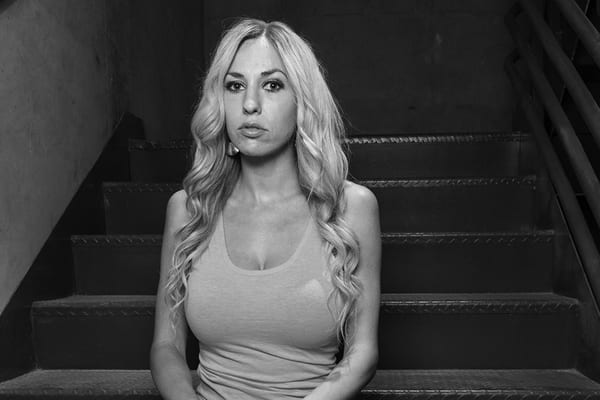LONDON: The signs that China's President
Xi Jinping was looking for more than his two terms as leader were there last October at the Communist Party's 19th national congress. It was there that Xi was elected for a second five-year term of the party's chief, a title that has in recent times been served concurrently with the presidency, as well as the title of chairman of the central military commission, which controls the armed forces. It was then that a new lineup for the all powerful politburo standing committee (PBSC) was unveiled — without an heir apparent to Xi.
In line with other PBSC roles, the post of general secretary of the party does do not have official term limits like the presidency. But there is an informal agreement that officials will retire at age 68. Of the five new faces in the seven-member committee, the youngest will be 65 in 2022, when Xi, currently 64, finishes his second term as leader.
That has been backed by the latest pronouncement in Xinhua, China's official news agency, yesterday, that the party leadership "proposed to remove the expression that the president and vice president of the People's Republic of China ‘shall serve no more than two consecutive terms' from the country's Constitution". The proposed constitutional changes were released in the name of the central committee, a council of hundreds of senior party officials, who will meet from Monday for three days.
The move to get rid of the two-term limit on the presidency is certainly dramatic and would mark the biggest political move the party has made in decades, leaving the door open for Xi to rule well into the next decade, and possibly much beyond that. The changes need to be passed by the party-controlled legislature, the national people's congress, which holds its annual full session from March 5. But that would appear little more than a formality, with the congress having never voted down a proposal from party leaders. Xi will also be elected to second term as president during that March meeting.
While the presidency is seen as the least important of the three roles Xi currently performs, the removal of the term limit would mean the greatest accumulation of personal power by a leader in China since
Mao Zedong, who founded the People's Republic.
The state-run Global Times suggested in an article yesterday, quoting an academic source, that the move to abolish presidential term limits would keep the "trinity" of the roles of party leader, military leader and president together and allow China to move forward.
"Especially in the period from 2020 to 2035, which is a crucial stage for China to basically realise socialist modernisation, China... [needs] a stable, strong and consistent leadership. So removal of the section of the clause about the presidency in the constitution is serving the most important and fundamental national interest and the Party's historic mission," the paper quoted the academic as saying.
At the Communist Party's national congress in October, Xi also had the political thesis bearing his name, "Xi Jinping Thought on Socialism with Chinese Characteristics for a New Era", written into the party's charter, with Mao the only other leader to have that honour while still alive. In another win for Xi, the latest announcement yesterday also stated that among the amendments to the country's constitution, his "Thought" will also be added.
The Central Committee is said to have approved the constitutional changes last month, but the official announcement at the time made no mention of the dramatic extent of the changes, which show Xi has amassed enough power to rewrite the rules that had constrained his predecessors, Hu Jintao and Jiang Zemin, both of whom stepped down after two terms. It is a power base that resembles Vladimir Putin's centralisation of authority, but would be the envy of even the Russian President.
The absence of term limits would also reverse a trend that began 40 years ago under Deng Xiaoping who aimed at preventing the reappearance of the cult of personality that had surrounded Mao and ensuring more peaceful transitions of power. Jude Blanchette, an expert in Chinese politics from New York's Conference Board research group tweeted: "This is extraordinary ... we're seeing the rapid dismantling of the Deng era project to de-Maoify Chinese politics".
With the power of Chinese leaders tending to begin to wane about halfway through their second term, analysts have cautioned that a clearer picture of whether Xi will stay on for decades will come depending on what China looks like in 2020 or 2021 — but all the signs are there for Xi to hold all the major power for at least a decade and it will be up to him what he does with it.

















All Comments ()+^ Back to Top
Refrain from posting comments that are obscene, defamatory or inflammatory, and do not indulge in personal attacks, name calling or inciting hatred against any community. Help us delete comments that do not follow these guidelines by marking them offensive. Let's work together to keep the conversation civil.
HIDE